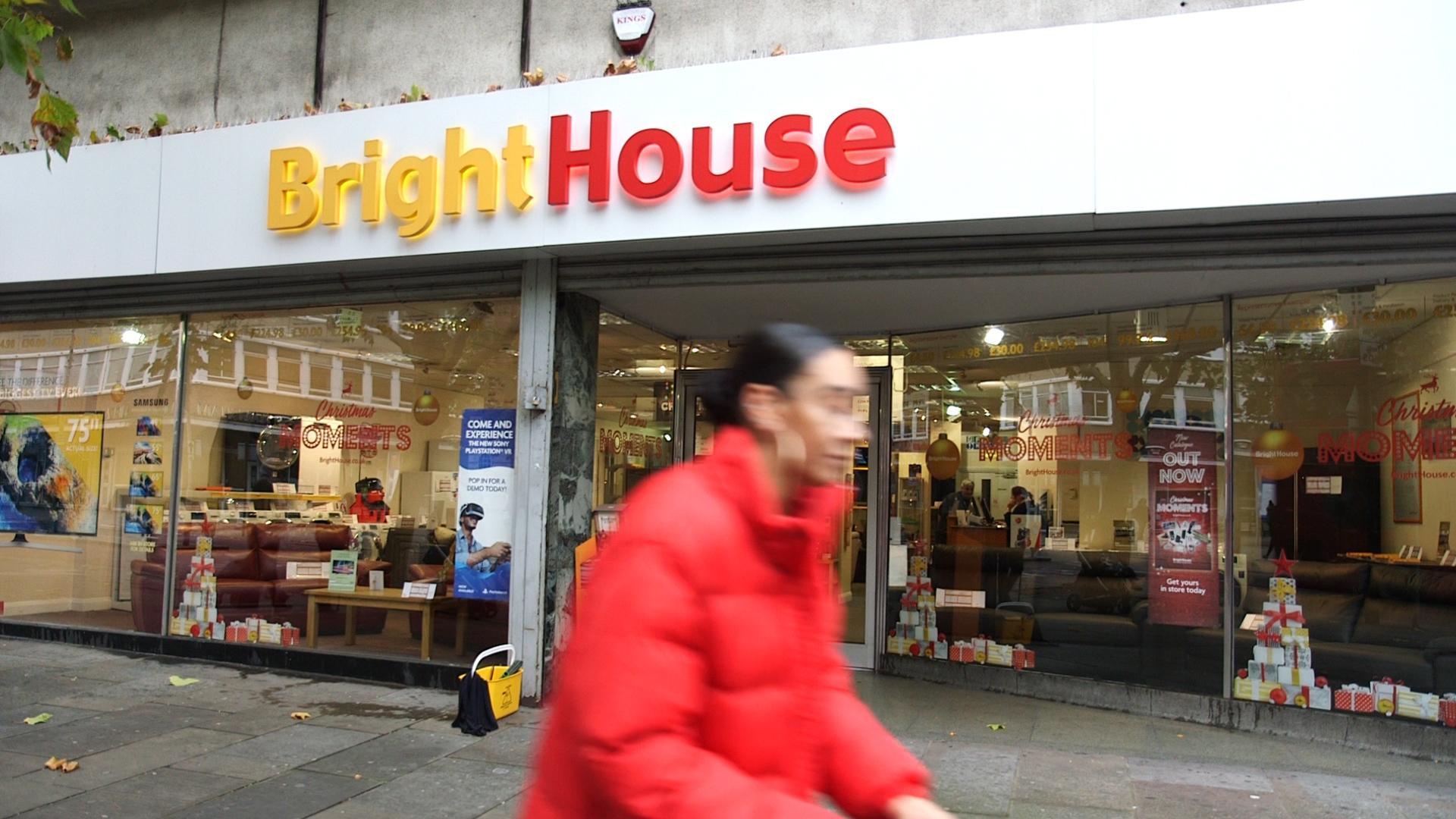High hopes for rent-to-own clampdown but experts warn UK’s poorest will still struggle
Financial regulator sets sights on rental purchase industry but vulnerable households have few options

The lowest income families could be protected from unfair contracts with rent-to-own businesses after the Financial Conduct Authority announced plans to cap the cost of goods, credit and add-ons sold “on the never-never”.
Following a successful campaign against payday loan companies that saw the number of these high cost credit businesses plummet, the FCA this week proposed a price cap that could save the UK’s most vulnerable consumers almost £23m a year.
Long criticised for charging up to four times the average cost for essential goods as well as eye-watering interest rates on the credit to pay for them, from next April rent-to-own (RTO) firms will have to benchmark the cost of products against the prices charged by three other retailers.
Businesses including BrightHouse, which was fined almost £15m last year by the regulator for failing to be a responsible lender, will also be prevented from charging more than the product’s value in credit charges.
The other lucrative side of the RTO industry – selling extended warranties alongside the products – will be subject to a two-day cooling-off period, which the regulator claims will effectively ban firms from selling these policies at the point of purchase from February 2019.
“Today’s measures are designed to bring down very high prices in the rent-to-own sector, which is used by some of the most financially vulnerable in our society,” Andrew Bailey, chief executive of the Financial Conduct Authority, said.
“A cap will prevent firms charging over the odds for essential everyday items like cookers or washing machines. We believe a cap is the only intervention that will effectively tackle the highest prices. If implemented it will save consumers up to £22.7m a year from excessive charges.”
But critics warn the measures fail to include late payment fees that can quickly spiral out of control.
“The measures are long overdue and will help, but you have to question whether a 100 per cent mark-up is acceptable,” added Andrew Hagger, personal finance specialist at MoneyComms.
Get a free fractional share worth up to £100.
Capital at risk.
Terms and conditions apply.
ADVERTISEMENT
Get a free fractional share worth up to £100.
Capital at risk.
Terms and conditions apply.
ADVERTISEMENT
“By comparison, the best personal loan rates for up to £2,000 are currently around 6.9 per cent.
“It’s a big shift in the right direction but, in essence, customers can end up paying double the retail price which still seems excessive.”
Fears remain for RTO customers whose circumstances regularly exclude them from the lower charge credit and cost of goods than mainstream consumers have access to.
Around two thirds of accepted RTO customers and declined applicants aren’t employed. They live in households with incomes of less than £18,000 a year and have precious little access to ready cash.
The FCA’s own study of the RTO market found that half struggle to keep on top of their bills and credit commitments with a quarter missing some form of non RTO payment, such as council tax or utilities bills in the last six months.
Most feel they have no other option available to them when it came to replacing essential items like cookers. Those that do are more likely to sell something else or borrow elsewhere to fund their purchase than use to a debit card or cash.
Only one in 10 RTO customers looked at alternative payment methods for goods before buying through an RTO scheme.
“The most financially vulnerable households cannot be left with no choice but the highest price on the high street,” said Peter Tutton, head of policy at debt charity StepChange, who welcomed the move.
“Fundamentally, we also need better alternatives for households who struggle to afford household needs, such as the cost of mending or replacing necessary household appliances.”
As consumer debt across all UK households hits the highest levels “in history”, debt charities and personal finance experts are now pinning their hopes on a government plan to introduce a no interest personal loan modelled on an established Australian product known as the “Good Shepherd” scheme, which has helped four out of five of its users avoid high cost payday lending.
Announced in the Budget last month, the UK’s version will be piloted next year, aiming to help the one million people who turned to high cost credit to cover basic living costs in 2017.
Joanna Elson, chief executive of the Money Advice Trust, the charity that runs National Debtline, added: “We also hope to see further action from the FCA in other areas of high-cost credit, including on logbook loans following the government’s disappointing decision to shelve the goods mortgages bill.”
Join our commenting forum
Join thought-provoking conversations, follow other Independent readers and see their replies
Comments
Bookmark popover
Removed from bookmarks